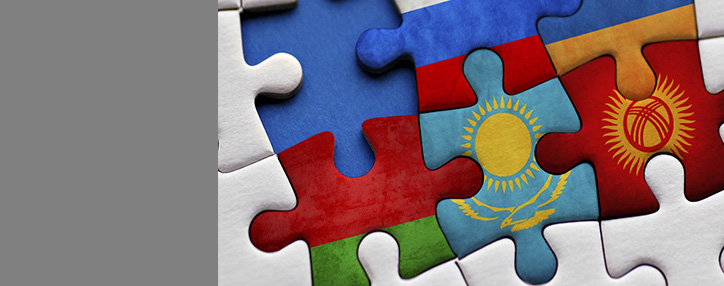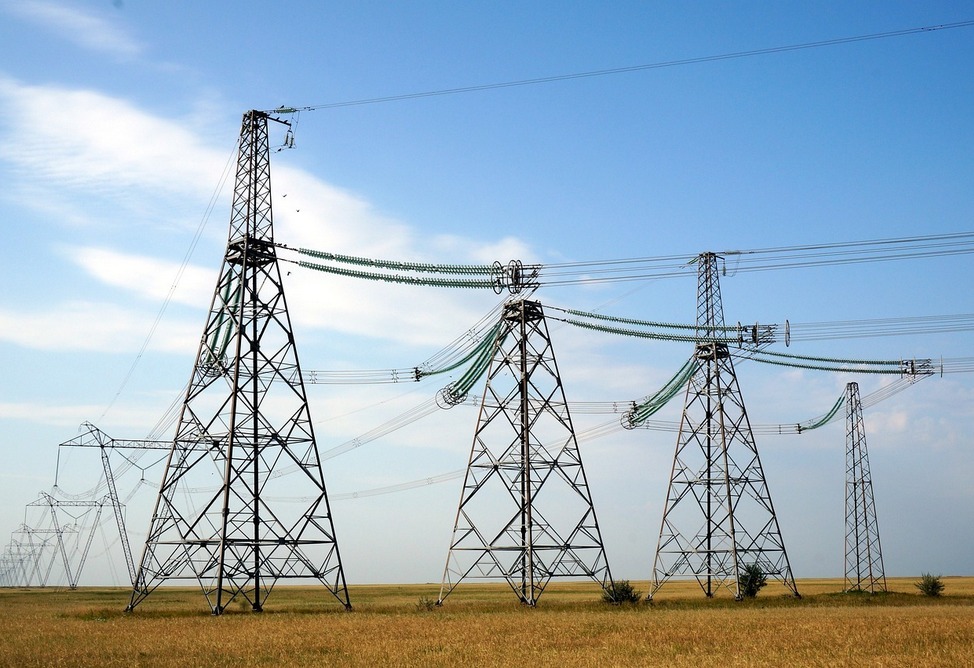Iranian market will open for main part of Armenian exports: minister

YEREVAN, 25 October. /ARKA/. As part of the Free Trade Agreement between Iran and Eurasian Economic Union (EEU) member states, the Iranian market will open for a substantial portion of Armenian exports, Economy Minister Gevorg Papoyan said today.
He presented this agreement, signed in December 2023, to a parliamentary committee on regional and Eurasian integration, saying it will replace the temporary one that has been in force since October 2019.
To enter into force, the agreement must be ratified by the parliaments of Armenia and all other EEU countries (Russia, Belarus, Kazakhstan and Kyrgyzstan).
Papoyan recalled that in 2019-2023, the EEU trade with Iran increased from $2.4bn to $5.2bn, but exports from Armenia to that country did not grow significantly.
‘Thus, in the first 8 months of 2024, the growth was only 7%, i.e. about $90-100 million,’ Papoyan said.
Imports from Iran dominate the trade structure of the two countries - totalling $710 million in 2022 and $692 million in 2023, which is almost twice as much as in 2018 ($363 million).
According to Papoyan, the Armenian side expects that the application of zero customs duties envisaged by the agreement will open significant opportunities for the goods of the EEU countries.
At the proposal of the Armenian side, the agreement also includes goods that make up the bulk of exports to Iran -mineral waters, soft drinks, chocolate, sweets, cigarettes and mutton. The duty will be reduced for medicines and jewellery.
‘The agreement will cover 98 per cent of Armenian exports to Iran, and the average duty on major Armenian exports to that country will drop from 23 per cent to 8.1 per cent. ‘That is, Armenian business will be able to save about $11 million only on the reduction of duties,’ the minister pointed out.
Papoyan noted that great opportunities are also opening up for mutton exports. Several slaughterhouses with halal certification necessary for supplies to Muslim countries are already operating in Armenia.
‘It is true that Iran prefers to buy live sheep from Armenia, because it uses not only the meat but also by-products. For example, they process the skin, wool and so on. Anyway, Armenian sheep breeding has good export prospects and in order to support them, the government will compensate farmers 50 per cent of their expenses for buying breeding sheep,’ Papoyan added.
‘In addition, in accordance with the EEU proposal, annual quotas for duty-free imports of Iranian aubergines, peppers, watermelons and melons have been set.
‘These measures will noticeably help Armenian farmers, who find it difficult to compete with mass and inexpensive Iranian products,’ the head of the ministry stressed.
Quotas for Iran are also set for plastic products. The fact is that due to the presence of its own oil and gas deposits, Iran produces them in large quantities and at very low prices.
The export of some Armenian commodities of interest to Iran will also be liberalized, including copper and zinc concentrates. In addition, trade in electricity will be liberalized between the two countries.
As a result of the discussions, the agreement received a favourable conclusion from the parliamentary committee.-0-



